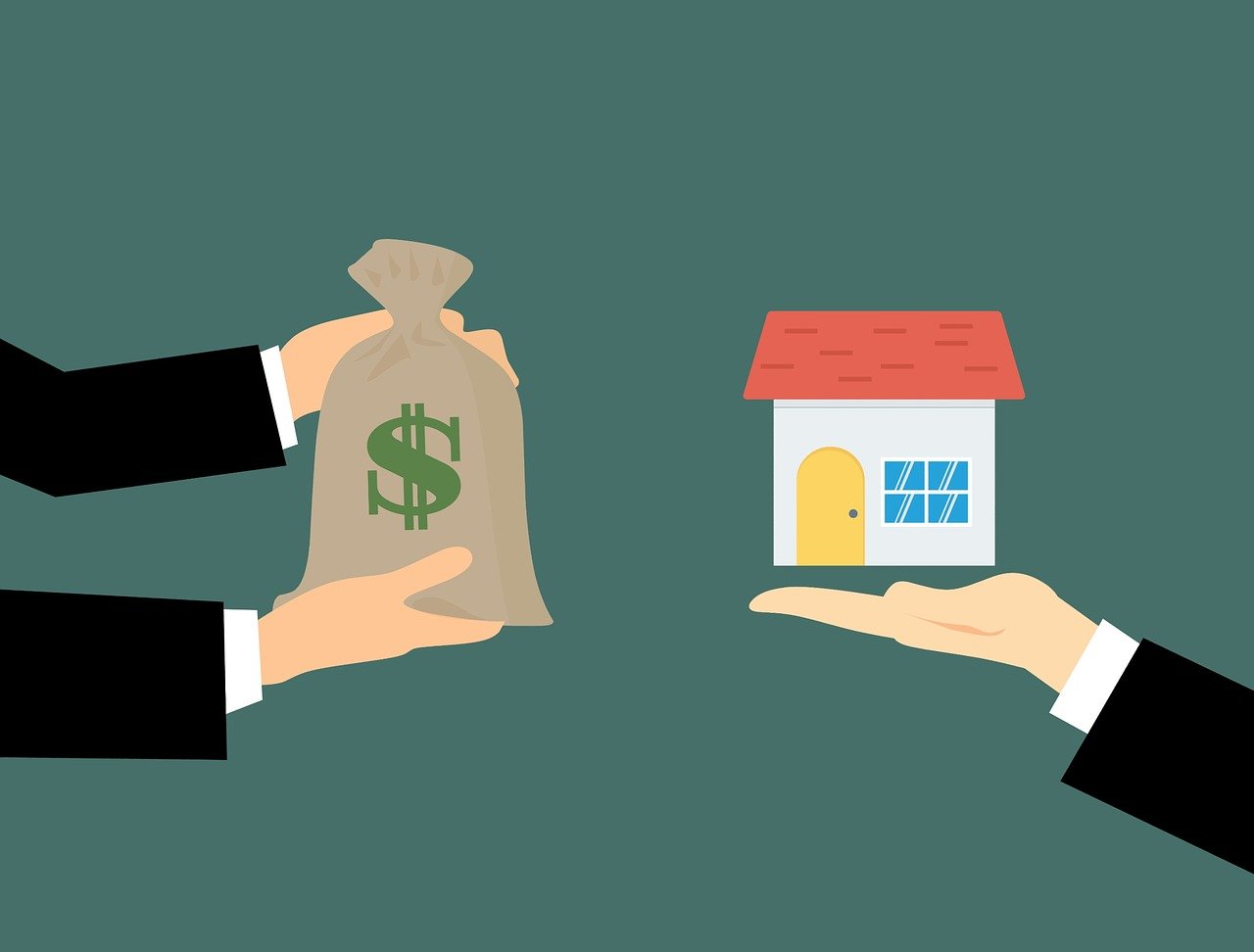
To invest in real estate at any moment in time is certainly one of the biggest investments any person will make in their lifetime. The daunting question remains, however, is this the right time for me to buy a property or invest in real estate? Although everyone’s circumstances are as unique to them as their fingerprints, there are a few basics to consider when weighing one’s options whether to buy or not to buy.
Inevitably, the only thing we as humans can be sure about is change. Change in our circumstances, being it negative of positive, change in the property market, change in the economy, with a crucial, age old role player being change in supply and demand. Taking this into account, the role you as an individual fulfil will determine whether you are on the supply side or the demand camp.
If you are the “demander” (the buyer), in a market flooded with supplies (many property owners wanting and needing to sell their properties), which is normally the result of a downturn in the economy, economic depression, slow national economic growth (low GDP), with low consumer confidence, high inflation rates, high interest rates, political and social unrest or food scarcity or drought combined with high cost of living, and given you are in a good, stable financial position, you are certainly in the pound seats, able to get good property bargains for more than reasonable prices. Such is called a “buyers’ market”. If you however are the “supplier” (the seller) in a market such as the aforementioned and you do not have to sell your property due to economic or other pressing issues, it might be wise to hold on to your property just a while longer.
However, the COVID-19 Pandemic has brought along a very unique buyers' market. Lockdown in South Africa brought with it economic hardship, especially for those persons who were not so fortunate to generate an income / earn a monthly salary during this time, which in turn resulted in the banks allowing so-called "payment holidays" on loans and bonds. In an effort to stimulate our failing economy brought about by prolonged lockdown-stages, the "powers that be" lowered the prime lending rate from double digits to an all time low prime interest rate of 7% p.a., which in turn meant that more buyers could afford to buy homes (especially first time buyers to whom affordability became a reality with the lower interest rate). It also meant that buyers could afford more expensive homes due to the lower interest rate. Buyers jumped at the opportunity to capitalize on their "good fortune" to own their first home, to upsize or to buy an additional property.
There was just one snag. Sellers held onto their properties. "Payment holidays" granted on mortgages by the banks put some home owners in the precarious position where they could not afford to sell to buy elsewhere. Persons who did not earn salaries / their usual monthly income during the initial hard lockdown were frowned upon when they applied for new home loans. The artificially created "buyers' market" meant buyers could "pick-and-choose", often forcing sellers to lower their selling prices. The result? Many buyers, fewer properties for sale, but buyers still dictate house prices to a great extent.
This brings me to the issue of real estate being a long-term investment and not a get rich quick scheme. In the minds of many, it is thought that an average home or property bought 3 years ago should now at least deliver a R300,000 or more profit when sold “to the right buyer”. Reality often awakens such dreamers. New property owners often only repay interest on their mortgage bond for the first three years of property ownership, which means the outstanding balance of the mortgage bond often equals the purchase price of the property, should these property owners wish to sell within 3 years from buying a property. Taking into account that the property owner paid transfer and bond costs on the property and even possibly had some renovations done to the property, the property owner will often have to sell his property at either a loss or break-even point. Selling your property too soon could mean a financial setback if not properly planned. Remember, the next property you purchase will require you to pay transfer and bond costs again, etc, etc.
If you are a first time buyer, the market always has bargains to be had, but be wise about how you choose. Do not stretch your budget to the limit when buying a property. Remember, the only thing you be certain of is change…. and, feeling at home with us!
Liane Ellis, Ellis Real Estate (Pty) Ltd www.ellisrealestate.co.za www.ellisrealestateblogs.com
(www.elardus-park.co.za)
Coming up, "The Cost of Selling your Property"